What Happens if Your Cat Eats Shampoo? Should You Worry?
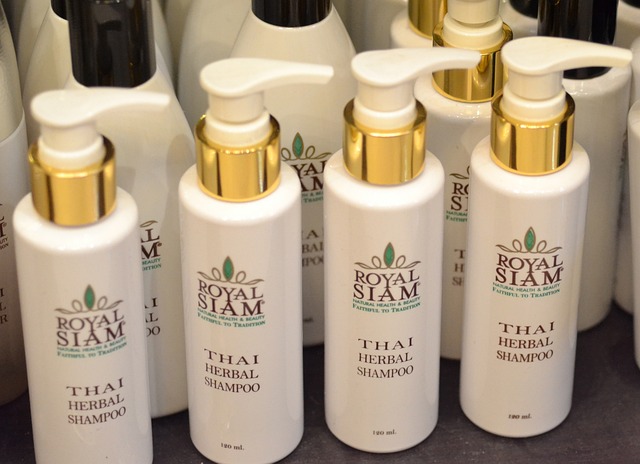
You know that sinking feeling when you realize your furry companion has gotten into something they shouldn't have?
What if I told you...your cat ate shampoo?! 🙀
Cue the panic, right?
I feel ya, I really do.
But fear not, my worried friend, because today we're diving into the mysterious depths of cat-shampoo encounters.
So, grab a cuppa and let's unravel this sudsy mystery together.
Let's begin.
Symptoms of Shampoo Ingestion in Cats
Ingesting shampoo can be toxic to cats.
And I don't mean just a little tummy ache - we're talking serious symptoms here.
So, what exactly are the symptoms of shampoo ingestion in cats?
Well, let me break it down for you:
- Redness, irritation, and hair loss: Your poor kitty's skin may become red and irritated, and they may even lose some fur. Not a good look.
- Scratching and discomfort: Just imagine how itchy your cat must feel after ingesting shampoo. They'll be scratching themselves like crazy.
- Vomiting and diarrhea: This is pretty self-explanatory. You don't want to see your furry friend going through that.
- Anorexia and changes in urine color: If your cat suddenly loses their appetite and their pee starts looking different, shampoo ingestion may be to blame.
- Tremors and seizures: This is where things get really scary. Shampoo poisoning can actually lead to severe muscle tremors and even seizures. Not something you want your cat to experience.
- Lethargy and loss of appetite: Your normally active and hungry kitty may become lethargic and have no interest in food. Definitely not normal behavior.
If you suspect that your cat has ingested shampoo, keep an eye out for excessive drooling.
This could be a persistent symptom that requires immediate attention.
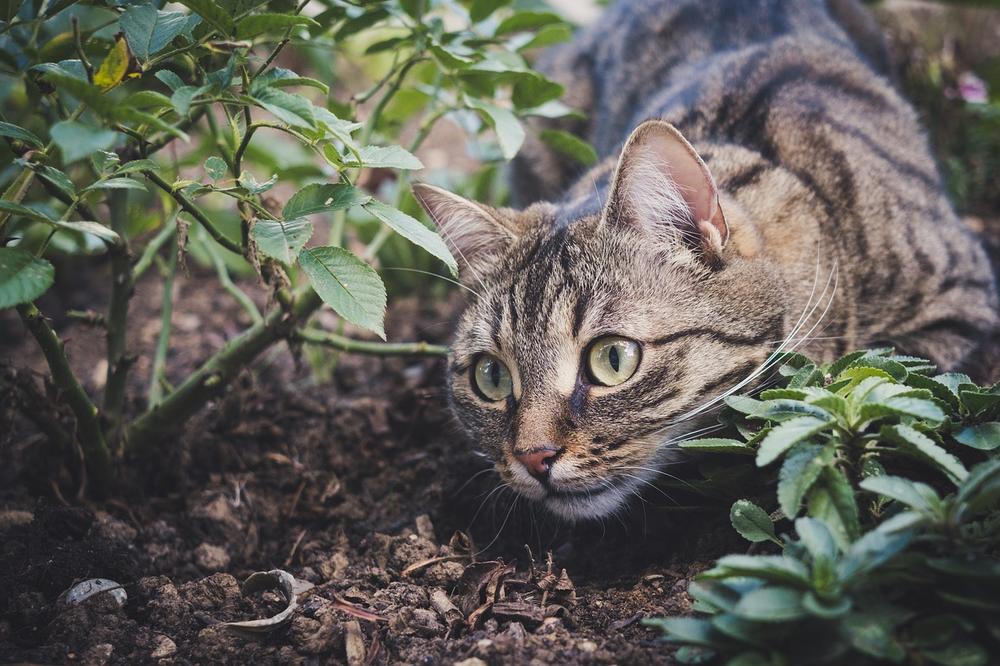
Don't take any chances with your feline friend's health. Seek veterinary care as soon as possible.
And in the meantime, rinse your cat's mouth with water if they've licked a small amount of shampoo off their fur.
Shampoo poisoning is serious business and should be treated as such.
If you can't get to a vet right away, providing a liquid diet without carbohydrates may offer some help.
But make sure to consult a veterinarian regardless.
Stay safe and keep those cleaning products far away from your curious kitty! 😺
Main points I'll expand upon further down this article:
- Permethrin in dog flea control products can be toxic to cats.
- Human shampoos can cause skin irritation, dryness, and chemical burns in cats.
- Cats are more susceptible to toxicity from certain ingredients found in cleaning and hygiene products.
- Aloe, dandruff shampoo, and sodium lauryl sulfate (SLS) can cause allergic reactions in cats.
- Read and understand the ingredients in packaging to ensure cat safety.
- Avoid using dog shampoos on cats as they can be harmful or fatal.
- Supervise your cat during bath time to prevent accidental ingestion of shampoo.
- Store household cleaning and grooming products in a safe place inaccessible to cats.
- Rinsing thoroughly and using cat-specific shampoos recommended for safety.
- Opt for natural methods to prevent or eliminate fleas to minimize chemical exposure.
Can Human Shampoo Kill Cats?
Using human shampoo on cats is dangerous as it often contains toxic ingredients that can harm their organs. Additionally, some flea control products for dogs may contain permethrin, which is highly toxic to cats and can lead to severe symptoms. Opt for cat-specific shampoos to ensure their safety.
In plain terms, using human shampoo on your cat is a major no-no.
The reason?
Many human shampoos contain ingredients that are downright toxic for our furry friends.
If you use them on your cat, it could cause serious damage to their organs. And let's be honest, no one wants that for their precious pet.
But here's the thing...
Some flea control products for dogs also have something called permethrin in them.
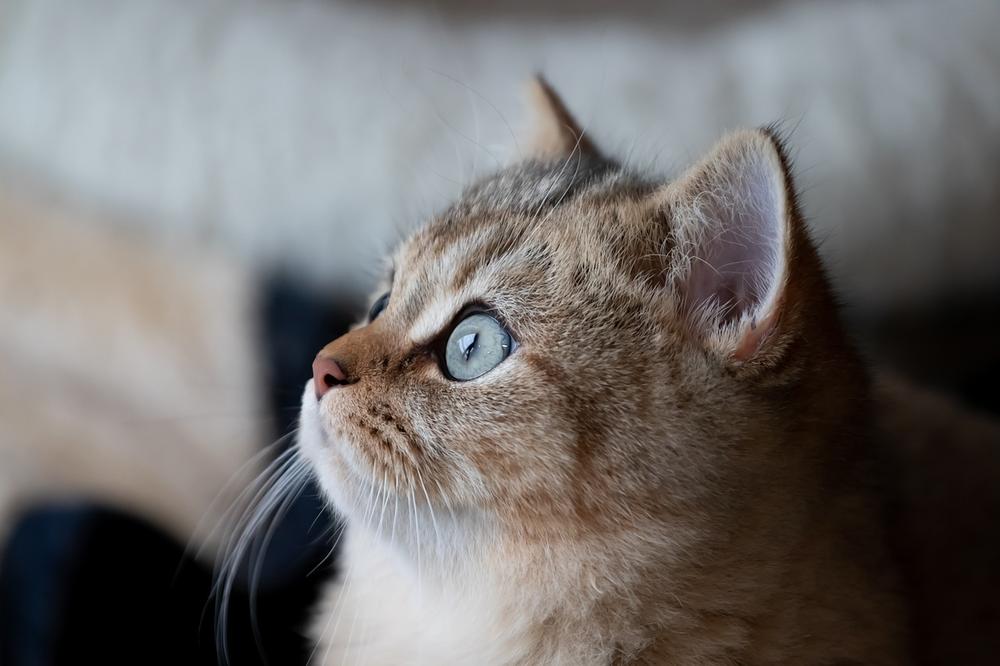
Now, if your cat comes into contact with this stuff or decides to take a little taste (which they often do), it can lead to some real trouble.
Permethrin is highly toxic to cats and can result in unpleasant symptoms like tremors, seizures, and even worse.
So what's the solution?
It's simple - go for cat-specific shampoos that are specifically made to meet their furry needs.
These shampoos are safe and gentle for your cat's delicate skin and won't wreak havoc on their organs.
Prevention is key!
Make sure to watch out for any accidental application or ingestion of permethrin, because trust me, you don't want your beloved cat to go through such a painful experience.
Human Shampoos and Their Risks to Cats
Human shampoos can be harmful to cats
When it comes to washing your cat, don't use regular human shampoo. It's too strong for them and can irritate their skin or even cause burns.
Cats are sensitive creatures, so you need to be careful with the ingredients in their shampoo.
Some things that are fine for us or dogs can actually be toxic for them, like aloe or dandruff shampoo.
One ingredient to watch out for is sodium lauryl sulfate (SLS). This stuff can really dry out a cat's skin, so it's best to avoid it.
Opt for cat-specific shampoos instead
If your cat needs a bath, go for gentle shampoos made specifically for cats.
Look for ones that have organic, eco-friendly ingredients.
Using dog shampoo on a cat is a big no-no.
Those shampoos can have harmful ingredients that can even be deadly for cats.
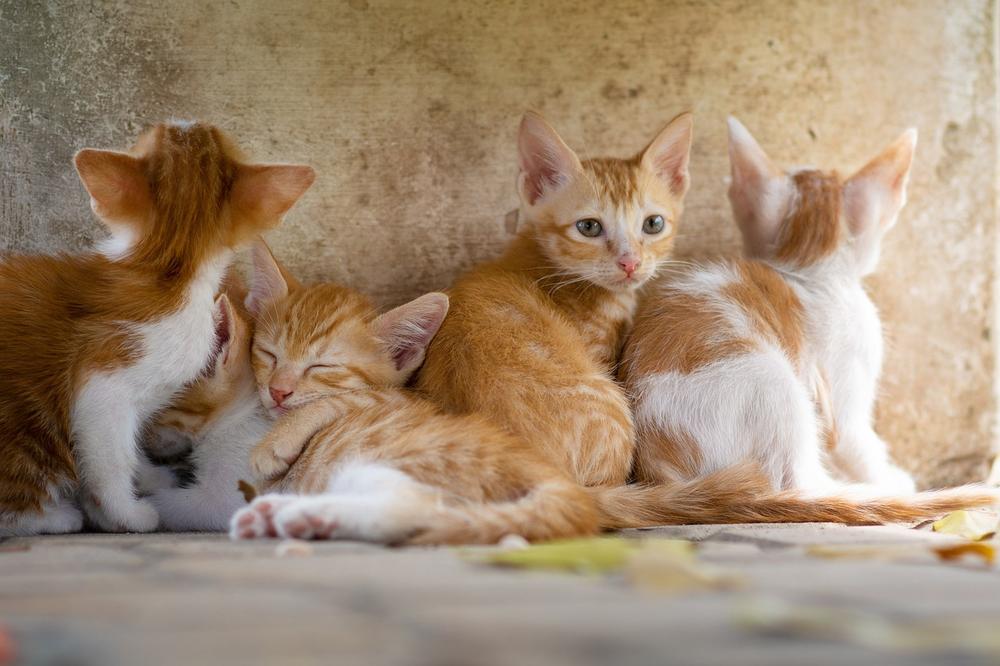
Stick to products that are made with your cat in mind.
Don't forget about flea treatments!
They're just as important as shampoo. Use safe options like Frontline and avoid risky choices like Bayer Bolfo.
Put your cat's safety first
Your cat's well-being should always come first.
When choosing products for them, play it safe and choose cat-specific items. Read labels carefully and make informed decisions to keep your furry friend healthy and happy.
Cats are more vulnerable to certain ingredients, so you need to be cautious.
Take care of your cat by making smart choices for their hygiene.
Moreover, if you're still unsure about the best shampoo for your cat, I've got you covered.
In my guide Can I Use Baby Shampoo on My Cat, I address common concerns and provide insight into whether it's safe to use baby shampoo on your feline friend.
Prevention Tips to Keep Your Cat From Eating/Licking Shampoo
To ensure your cat doesn't eat or lick shampoo, here are some tips for you:
- Keep all your cleaning products and grooming stuff in a safe place where your cat can't get to them, like locked cabinets or high shelves.
- Watch over your cat while giving them a bath to make sure they don't swallow any shampoo when they clean themselves.
- Stick to using mild shampoos made specifically for cats. These are less likely to cause harm if swallowed.
- Join Facebook groups for cat lovers. You can learn a lot from other cat owners about taking care of your furry friend, like how to prevent shampoo mishaps.
- When it comes to flea treatments, think carefully about the risks and benefits involved. Some treatments can be dangerous if eaten, so try natural alternatives if possible.
- Clean your cat's grooming area and accessories regularly to minimize the chances of them coming into contact with leftover shampoo.
By adhering to these suggestions and being proactive in safeguarding your cat's safety while grooming, you will significantly decrease the chance of them consuming shampoo and guarantee their good health.
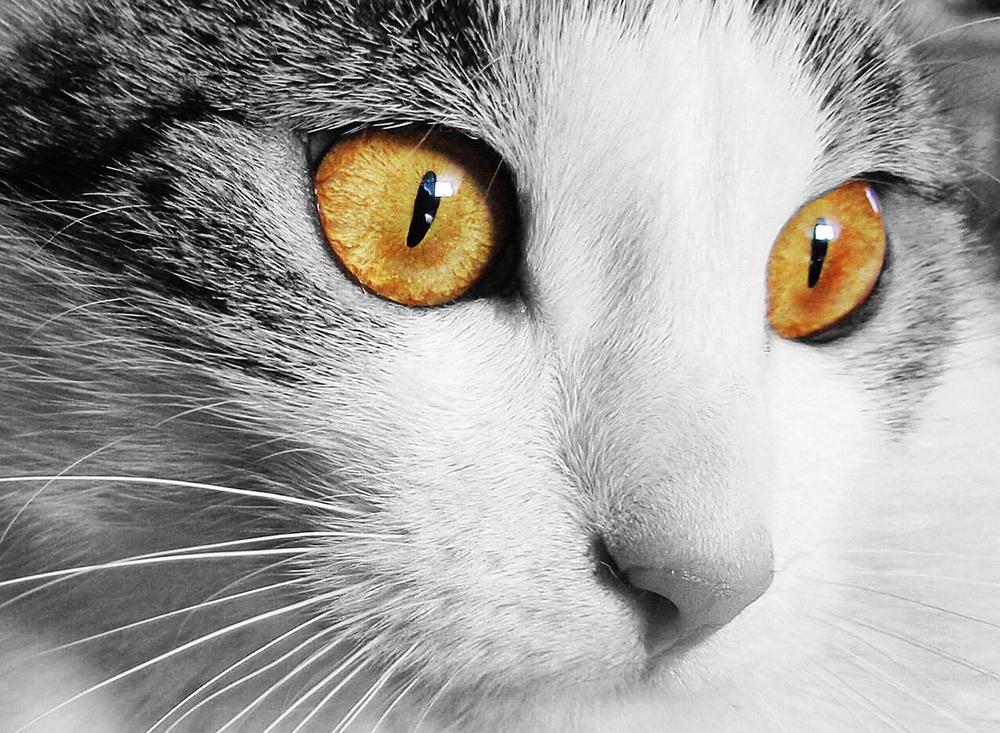
And now, let's move on to the proper use of shampoo when bathing your cat to ensure their optimal feline hygiene.
I recommend following these guidelines and keeping in mind that most cats dislike water and bathing...
Can I Wash My Cat With Just Water?
You know, the question of whether or not you can wash your cat with just water is one that comes up quite often.
And I get it. Some people think that just using water is enough to keep their feline friends clean and fresh.
However, most experts recommend using shampoo for a thorough cleaning and maintaining optimal feline hygiene.
Sure, water alone can remove some dirt, but shampoo does a much better job.
Just ensure to thoroughly rinse out the shampoo afterwards to prevent any potential problems.
Now, you have to note that most cats absolutely despise water and bathing.
So, only give them a bath when necessary.
And here's another thing:
Never use dog products, including dog shampoo, on your precious kitty.
To ensure all soap residue is removed, it is recommended to rinse thoroughly with warm water.
In general, bathing your cat fully is unnecessary unless certain circumstances arise. For example, if your fur baby has rolled in something toxic or unclean.
So yeah, while water can work to an extent, using shampoo is usually the way to go. Trust me, your cat will thank you for it.
What Can I Use Instead of Cat Shampoo?
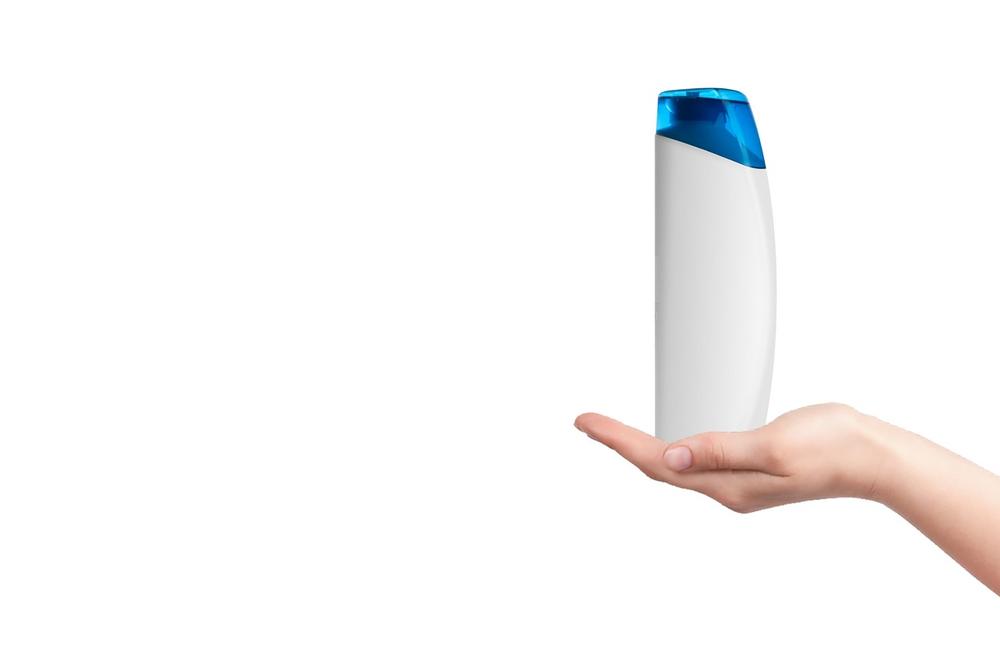
Use a gentle, fragrance-free cat shampoo when bathing your cat. If you don't have cat-specific shampoo, mild baby shampoo can work too. But remember to prioritize products tailored to cats' needs.
And that wraps up today's article.
If you wish to read more of my useful articles, I recommend you check out some of these: My Cat Is Not Eating Force Feeding Your Cat, What Happens if Your Cat Eats or Licks Toothpaste, Can You Shave a Cat to Get Rid of Fleas, Cats Claws Not Retracting, and Can Cats Drink Green Tea
Talk soon,
-Sarah Davis